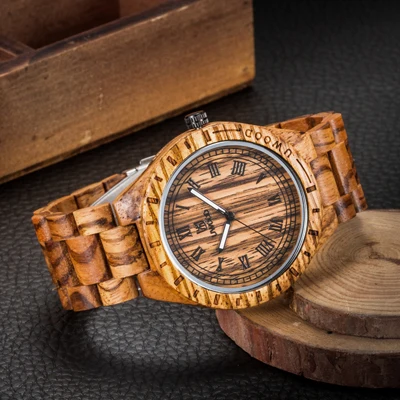

Ordinarily, copyright owners have the exclusive right to authorize public displays of their work.
SILVER SCREEN TATTOO SKIN
In our intellectual property system, all that's required is that they be minimally creative, "fixed in a tangible medium of expression" (which simply means written down in some way) and persist for more than a "transitory duration." Given how hard tattoos are to remove, and that ink on skin is little different than ink on paper, tattoos clearly fit the bill.īut if there's little doubt that tattoo artists are entitled to copyright, it is far from clear what rights that should give them over their creations. Yet there's little doubt that tattoos are copyrightable under American law.

But as tattoos move ever more into the mainstream - more than one-third of Americans younger than 40 now have one - the issue is hardly as arcane as it may first appear. The case was settled for an undisclosed sum.Īt one level, the idea that one person owns an integral part of another person's body seems hard to fathom. owed him for re-creating the Tyson tattoo. The suit was filed just weeks before the release of the hit film "The Hangover: Part II." In the film, comedian Ed Helms wakes up with a copy of boxer Mike Tyson's famous Maori-inspired facial tattoo. Others include a 2011 case brought by tattoo artist Victor Whitmill against Warner Bros. George Atallah, an NFLPA official, told Bloomberg Businessweek that the union recently cautioned its players: We know you love your tattoo artists, but regardless of whether you trust them, regardless of whether there are legal merits to the lawsuits that we've seen, just protect yourself.Īllen's was not the first lawsuit.

NFLPA officials began advising players to get copyright waivers from their tattoo artists. That case was dismissed in April at the request of the plaintiff, but because so many NFL players have tattoos, it got the attention of the NFL Players Association. Allen claimed that the reproduction and display of the tattoo violated his copyright. The tattoo appeared on the cover of EA's "NFL Street" video game. Late last year, for example, Stephen Allen, a tattoo artist, sued video game maker Electronic Arts and former Miami Dolphins running back Ricky Williams over a tattoo Allen put on Williams' bicep. And when those images, attached to living people, appear on the silver screen - or a computer monitor - the artists want to get paid. Tattoo artists are increasingly claiming that they, like other artists, own the copyright to the images they create. Yet recent disputes have called into question the easy idea that if you buy a tattoo, you also own it and can display it as you like. The obvious answer is the wearer, who paid for the ink and is now permanently (more or less) attached to it.


 0 kommentar(er)
0 kommentar(er)
